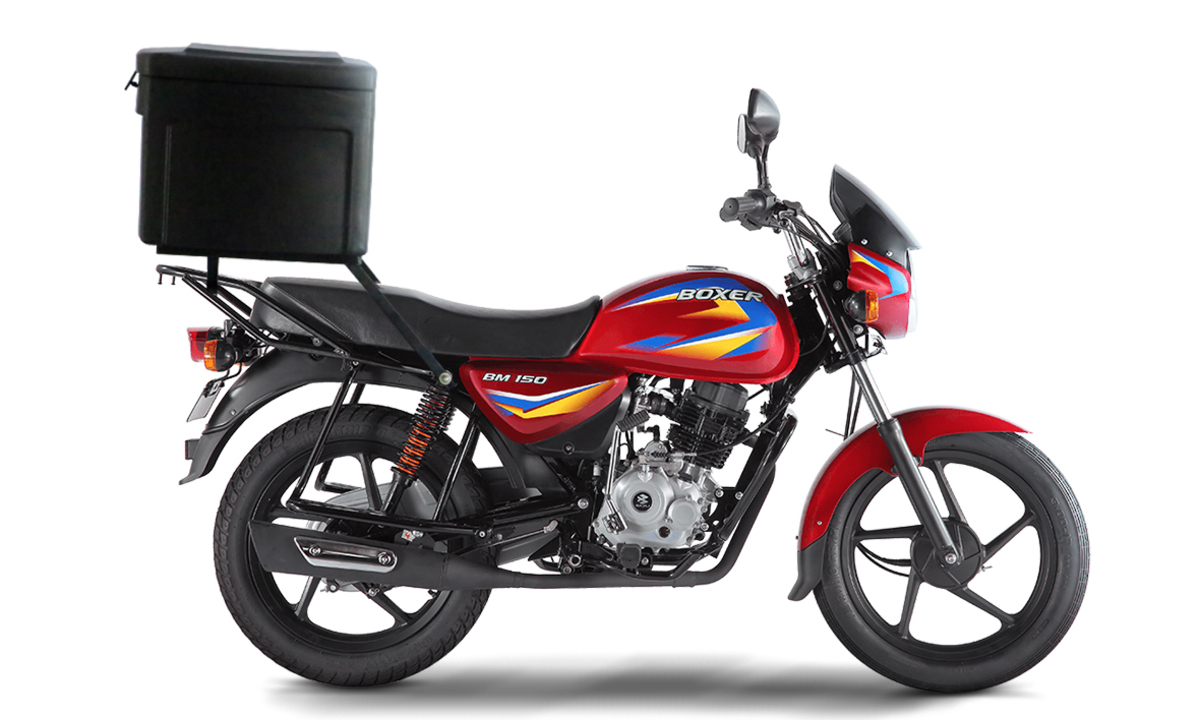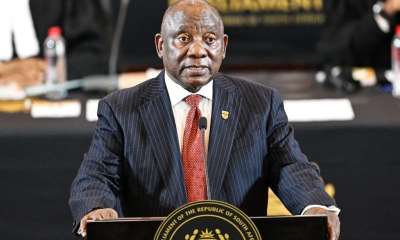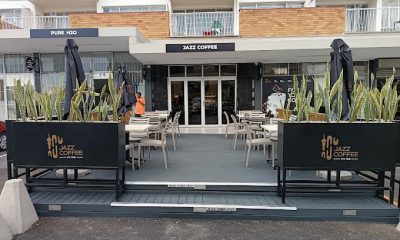News
Introducing Smart Mobility to South Africa’s Scooter Economy

Ordering groceries or a hot meal through your favourite smartphone delivery app has quickly become a commonplace in Mzansi. By Bongani Mthombeni-Möller, Director of Smart Mobility at Royal HaskoningDHV as reported by IT-Online.
Yet, how often do we pause to consider the delivery riders, often on their small 150 cc motorbikes, weaving in and out of traffic to bring us our latest online order within 60 minutes or less?
Increasingly, this army of delivery agents is becoming vital to the supply chain in South Africa’s flourishing e-commerce market.
Research published by FNB Merchant Services last year revealed that the South African e-commerce market is expected to double from just under R200 billion per year in 2022 to over R400 billion in 2025. In 2019, the market size was only R90 billion.
Consequently, the motorbike delivery economy generates much-needed employment opportunities in a country grappling with record-high unemployment rates. Some reports suggest that delivery drivers can earn around R2,500 per week. Currently, there are an estimated 50,000 delivery bikes on South African roads. However, this figure remains small compared to the country’s over 11 million registered vehicles.
Also Read: Johannesburg: A City Where Apartheid’s Legacy Persists
Nevertheless, it is crucial that we now consider adopting a smart mobility approach to accommodate our scooter economy. This necessitates preparing our roads, regulatory environment, and law enforcement services to handle the increasing number of e-commerce orders.
Smarter utilisation of lanes
Traversing South African roads today presents growing risks, with potholes, traffic light outages, and frequent power outages. Add delivery scooters manoeuvring through traffic, and chaos becomes a real concern.
A fundamental question arises: How can we make our roads more suitable for 2-wheel motorbike deliveries? The answer might lie in Exclusive MotorCycle Lanes (EMCLs), which have been successfully implemented in countries like Malaysia, Taiwan, and Indonesia.
Research published by Science Direct indicates that Malaysia reduced motorcycle accidents by 39% after implementing EMCLs along Federal Highway-2. Furthermore, EMCLs ranging from 3.3 to 5.2 million in width resulted in three times the benefits of reducing accident costs.
One important consideration is whether the current traffic volume of delivery motorcycles justifies the need for exclusive lanes. Dedicated bus lanes have already become common in Johannesburg, Tshwane, and Cape Town. It may take time for scooters to achieve a similar level of priority as buses.
However, with a growing e-commerce economy, it is prudent to explore ways of optimising existing lanes to prevent future issues.
Smarter Regulation and Sustainability
The saying that regulation lags behind innovation is particularly relevant now as technology permeates every aspect of our lives.
In this context, regulations must prioritise public safety and create a sustainable future.
Whatever regulations we implement, ensuring that delivery motorbikes are roadworthy and safe is paramount. While large supermarket retailers and others may own their own fleets of bikes and conduct regular roadworthiness checks, all companies and drivers need to take responsibility for these checks. Traffic officials, such as the JMPD, can collaborate with the private sector to ensure road safety for everyone.
Moreover, the demand for electric bikes, electric vehicles, and charging stations becomes crucial as we transition towards a green economy. This presents an opportunity to tap into the e-mobility sector and phase out petrol bikes as much as possible. Legislation can regulate the electric micro-mobility sector, and the private sector can provide input to shape policies and legislation that support the industry.
While we are still in the early stages of our e-commerce revolution, there is no doubt that the scooter economy will play an increasingly significant role in our daily lives. Motorcycle delivery services are agile and versatile. These bikes can navigate traffic swiftly, ensuring quick delivery of goods and services. Gone are the days when customers had to wait more than 24 hours for deliveries via a minivan.
The men and women on these bikes are revolutionising the e-commerce space in South Africa. The more we can do to empower them, ensure their safety, and promote sustainability, the better this industry will fare in the long run.
Also Read:
Follow us on Google News
Photo: Facebook / @DELIVERY MOTORBIKES ASSOCIATION- WESTERN CAPE






















